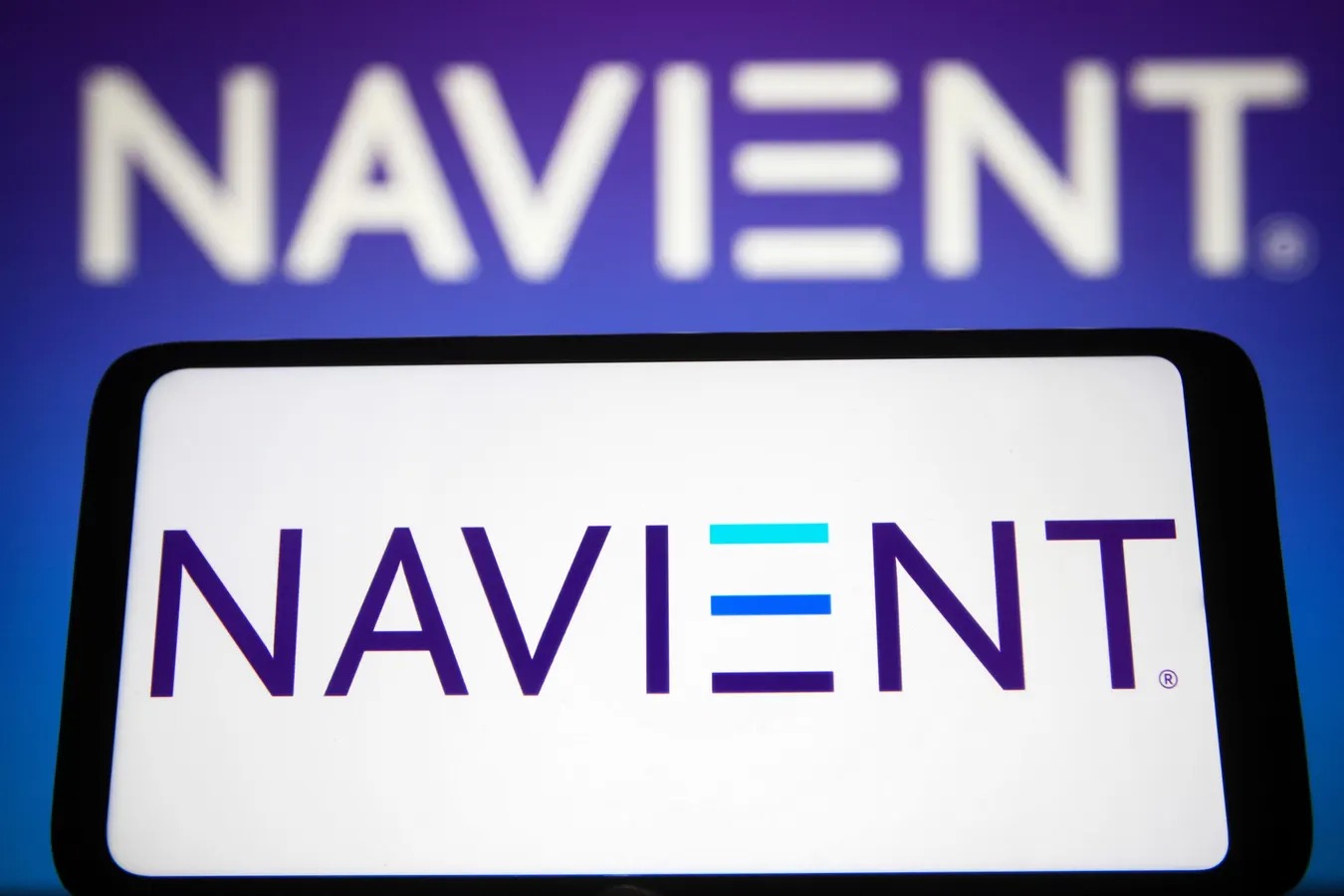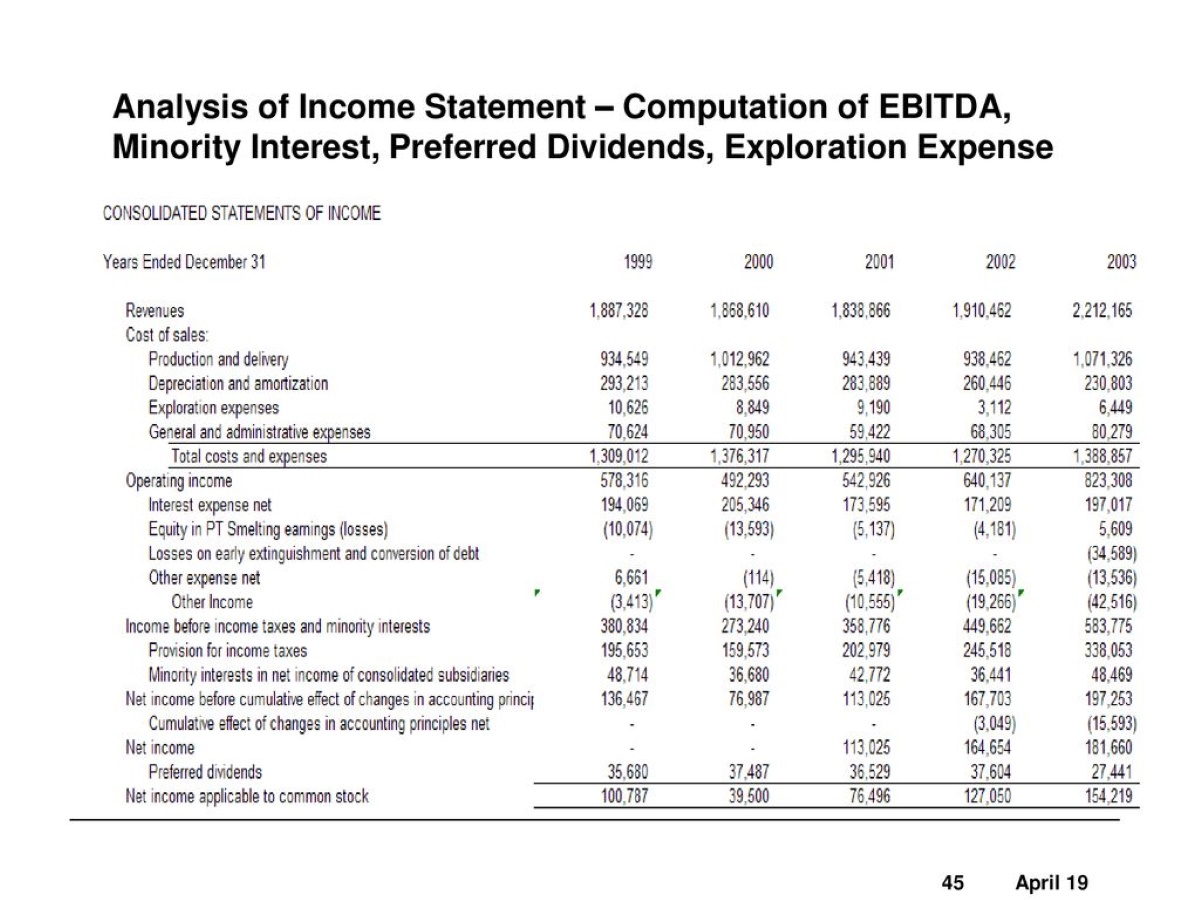

Finance
How Much Does Skyrizi Cost With Insurance?
Published: November 19, 2023
Discover the cost of Skyrizi with insurance coverage and explore its impact on your finances. Learn more about the financial implications of this treatment option.
(Many of the links in this article redirect to a specific reviewed product. Your purchase of these products through affiliate links helps to generate commission for LiveWell, at no extra cost. Learn more)
Table of Contents
Introduction
When it comes to managing chronic conditions like psoriasis or psoriatic arthritis, finding an effective treatment is essential. Skyrizi is a medication that has gained popularity for its ability to provide relief and improve quality of life for those living with these conditions. However, like many prescription drugs, the cost of Skyrizi can be a concern for patients.
In this article, we will explore the factors that contribute to the cost of Skyrizi and how insurance plays a crucial role in making it more affordable. We will also delve into the specific insurance plans that cover Skyrizi and the associated costs. Additionally, we will discuss copay assistance programs that can further aid in reducing the financial burden.
Understanding the options available to you and how they can impact your out-of-pocket expenses is essential when considering Skyrizi as a treatment option. By the end of this article, you will have a comprehensive understanding of the cost implications and how insurance can be utilized to make Skyrizi more accessible.
Let’s dive in and explore the world of Skyrizi, insurance coverage, and the cost considerations associated with this medication.
Understanding Skyrizi
Skyrizi, also known by its generic name risankizumab, is a prescription medication that belongs to a class of drugs called interleukin inhibitors. It is primarily used for the treatment of certain inflammatory conditions, such as moderate to severe plaque psoriasis and active psoriatic arthritis.
The main active ingredient in Skyrizi works by targeting and inhibiting the specific protein, known as interleukin-23 (IL-23), which plays a key role in the immune response that leads to these inflammatory conditions. By blocking IL-23, Skyrizi helps to reduce inflammation and alleviate the symptoms associated with psoriasis and psoriatic arthritis.
One of the reasons Skyrizi has become popular among patients and healthcare providers is its effectiveness in achieving significant symptom improvement and disease control. Clinical studies have shown that it can provide long-lasting relief and help patients achieve clear or nearly clear skin.
Skyrizi is typically administered as an injection, either by a healthcare professional or self-administered by the patient after proper training. The frequency and dosage of injections will be determined by the prescribing healthcare provider and may vary depending on the individual’s condition and response to treatment.
It is important to note that Skyrizi is not suitable for everyone. Individuals with certain medical conditions, such as active infections or a history of hypersensitivity to risankizumab or any of its components, may not be eligible for this medication. It is crucial to consult with a healthcare professional to determine if Skyrizi is a safe and appropriate treatment option for you.
Now that we have a basic understanding of Skyrizi, let’s delve into the role insurance plays in accessing this medication and the factors that influence its cost.
The Role of Insurance
Insurance coverage plays a pivotal role in making medications like Skyrizi more accessible and affordable for patients. With the high cost of prescription drugs, relying on insurance can significantly reduce the financial burden on individuals seeking treatment for conditions like psoriasis and psoriatic arthritis.
Most health insurance plans, including private insurance and government programs like Medicare and Medicaid, provide coverage for prescription medications. However, the extent of coverage and out-of-pocket costs can vary depending on the specific insurance plan and the terms of the policy.
In the case of Skyrizi, insurance coverage may include a combination of medical and pharmacy benefits. Medical benefits cover the administration of the medication, such as visits to healthcare professionals, while pharmacy benefits cover the cost of the medication itself.
When seeking insurance coverage for Skyrizi, it is essential to consult with your insurance provider and review your policy to understand the specific coverage details. This will help you determine the level of coverage and any potential out-of-pocket expenses you may be responsible for.
Insurance providers typically have a formulary, which is a list of medications that are covered under the plan. Skyrizi may be included in the formulary, but it could also be subject to certain restrictions or requirements. Some insurance plans may require prior authorization, which means your healthcare provider must obtain approval from the insurance company before prescribing Skyrizi.
Additionally, insurance plans may have different tiers or levels of coverage for prescription medications. Skyrizi may be placed in a higher tier, which could result in higher copayments or coinsurance. Understanding these tier structures and associated costs is crucial in estimating your out-of-pocket expenses.
It is important to note that insurance coverage for Skyrizi may vary from one insurance plan to another. Some plans may provide coverage for a portion of the cost, while others may cover the medication in full. Some plans may have annual deductibles or require co-insurance, where you pay a percentage of the medication’s cost.
Next, we will explore the factors that influence the overall cost of Skyrizi and its impact on insurance coverage.
Factors Influencing Skyrizi Cost
Several factors contribute to the overall cost of Skyrizi, and understanding these factors can help patients better navigate the financial aspects of their treatment. Here are some key factors that influence the cost of Skyrizi:
- Manufacturer Pricing: The price set by the manufacturer of Skyrizi can have a significant impact on the cost. Pharmaceutical companies determine the initial price of the medication, taking into account factors such as research and development costs, production costs, and market demand.
- Dosage and Treatment Duration: The dosage and duration of treatment can also affect the cost of Skyrizi. Higher dosages or longer treatment periods may result in higher overall costs. It is important to follow the prescribed dosage and treatment plan recommended by your healthcare provider to maximize the effectiveness of the medication.
- Healthcare Setting: The setting in which Skyrizi is administered can influence the cost. If the medication is administered at a healthcare facility or clinic, there may be additional facility fees or administration charges associated with each dose.
- Insurance Coverage: As mentioned earlier, insurance coverage plays a significant role in determining the cost of Skyrizi for individual patients. The level of coverage, copayments, deductibles, and out-of-pocket maximums outlined in your insurance plan can all impact the overall cost you are responsible for.
- Copay Assistance Programs: Some pharmaceutical companies offer copay assistance programs to help eligible patients reduce their out-of-pocket costs. These programs may provide financial assistance or discounts on the cost of Skyrizi, making it more affordable for those who qualify.
- Geographical Location: The cost of Skyrizi can also vary depending on your geographical location and the pricing structures set by pharmacies and healthcare providers in your area. Prices may differ between different regions or even within different cities or states.
It is important to note that while these factors may influence the overall cost of Skyrizi, the specific details of your insurance coverage will ultimately determine the amount you will need to pay. Consulting with your insurance provider and understanding your policy’s terms and conditions will help you estimate the cost of Skyrizi under your specific circumstances.
Next, we will delve into the coverage for Skyrizi with insurance and the potential costs associated with different insurance plans.
Coverage for Skyrizi with Insurance
Insurance coverage for Skyrizi can vary depending on the specific insurance plan and policy. While most insurance plans provide coverage for prescription medications, the level of coverage and out-of-pocket expenses can differ. Here are some key points to consider regarding coverage for Skyrizi with insurance:
Formulary Coverage: Skyrizi may be included in the formulary of your insurance plan. The formulary is a list of medications that are covered, and it may include different tiers or levels of coverage. It is essential to review your plan’s formulary to determine the level of coverage for Skyrizi.
Prior Authorization: Some insurance plans require prior authorization for Skyrizi. This means that your healthcare provider needs to obtain approval from the insurance company before prescribing the medication. The process typically involves submitting relevant medical information to demonstrate the medical necessity of Skyrizi.
Cost-Sharing: Insurance plans often require cost-sharing, where you are responsible for a portion of the medication’s cost. This can be in the form of copayments, coinsurance, or a combination of both. Copayments are fixed fees you pay per prescription, while coinsurance is a percentage of the medication’s cost that you are responsible for.
Deductibles: Some insurance plans have annual deductibles, which are the amounts you must pay out-of-pocket before your insurance coverage kicks in. If you have not met your deductible for the year, you may be responsible for paying the full cost of Skyrizi until the deductible is fulfilled.
Out-of-Pocket Maximums: Insurance plans often have out-of-pocket maximums, which are the maximum amounts you need to pay in a calendar year for covered services. Once you reach your out-of-pocket maximum, your insurance plan typically covers 100% of the cost for the remainder of the year.
It is crucial to carefully review your insurance plan’s coverage details to understand your specific cost-sharing responsibilities for Skyrizi. Consulting with your insurance provider or employer’s benefits administrator can provide further clarity on your coverage and any potential limitations or restrictions.
Next, we will explore specific insurance plans and the potential costs associated with Skyrizi.
Specific Insurance Plans and Costs
The specific insurance plan you have can greatly impact the cost of Skyrizi and the out-of-pocket expenses you may incur. Different insurance plans have varying levels of coverage and cost-sharing requirements. Here are a few examples of how Skyrizi may be covered under specific insurance plans:
Private Health Insurance: Private health insurance plans, such as those offered through employers or purchased individually, typically provide coverage for prescription medications. The cost of Skyrizi under a private health insurance plan will depend on factors such as the specific plan’s formulary, copayments, coinsurance, deductibles, and out-of-pocket maximums. It is essential to review the details of your private health insurance plan to determine the cost of Skyrizi.
Medicare: Medicare is a federal health insurance program primarily for individuals aged 65 and older. Medicare Part D provides prescription drug coverage, which includes medications like Skyrizi. However, Medicare beneficiaries may still be responsible for copayments, coinsurance, and deductibles. The actual cost will depend on the specific Medicare Part D plan chosen. It is advisable to review the formulary and coverage details of your Medicare plan to understand the costs associated with Skyrizi.
Medicaid: Medicaid is a state and federally funded program that provides healthcare coverage to low-income individuals and families. Medicaid coverage and cost-sharing requirements vary by state. Skyrizi may be covered under Medicaid, but copayments or coinsurance may still apply. Eligibility criteria and coverage details can differ, so it is essential to verify the specifics of your Medicaid plan.
Employer-Sponsored Plans: Many employers offer health insurance plans as part of their employee benefits package. The coverage for Skyrizi under employer-sponsored plans can vary depending on the specific plan and insurance provider. Some plans may offer comprehensive coverage with lower out-of-pocket expenses, while others may have higher cost-sharing requirements. It is important to refer to your plan’s documents or speak with your employer’s benefits administrator for information about Skyrizi coverage and associated costs.
Remember, these are just a few examples of insurance plans, and the cost of Skyrizi can differ significantly depending on the specific plan and policy details. Reviewing your insurance plan’s documents, contacting your insurance provider, or seeking assistance from a healthcare navigator can provide additional clarity on Skyrizi costs under your specific insurance plan.
Next, we will explore copay assistance programs that can help reduce the financial burden of Skyrizi.
Copay Assistance Programs
Copay assistance programs are valuable resources that can help alleviate the financial burden of prescription medications like Skyrizi. These programs are typically offered by pharmaceutical companies to provide financial assistance to eligible patients. Here’s how copay assistance programs can help:
Reduced or Eliminated Copayments: Copay assistance programs may cover a portion or the entire cost of the copayment, which is the fixed fee you pay per prescription. This can significantly reduce the out-of-pocket expenses associated with Skyrizi.
Financial Assistance: Some copay assistance programs provide financial assistance for eligible patients who have difficulty affording the cost of Skyrizi. This assistance can come in the form of grants, savings cards, or other financial support programs.
Insurance Premium Assistance: In certain cases, copay assistance programs may also provide assistance with insurance premiums. This can further alleviate the financial burden associated with ongoing insurance costs.
Eligibility Requirements: Copay assistance programs typically have eligibility criteria based on factors such as income, insurance coverage, and medical need. It is important to review the specific requirements outlined by the program to determine if you qualify for assistance.
Application Process: To access copay assistance programs, patients usually need to complete an application process. This may involve providing information about your insurance coverage, income, and prescription details. Assistance program representatives can guide you through the application process and answer any questions you may have.
It is important to note that copay assistance programs may have limitations and restrictions. Some programs have annual maximums or limits on the duration of assistance. Additionally, copay assistance programs may not be available to those covered by government-funded insurance plans like Medicare or Medicaid.
Consulting with your healthcare provider or contacting the manufacturer of Skyrizi can provide you with information about the specific copay assistance program available for Skyrizi and how to access it.
By taking advantage of copay assistance programs, eligible patients can significantly reduce the financial burden associated with Skyrizi and make it more accessible and affordable.
Finally, let’s conclude our exploration of Skyrizi cost, insurance coverage, and copay assistance programs.
Conclusion
Managing chronic conditions like psoriasis and psoriatic arthritis often requires effective treatments such as Skyrizi. However, the cost of Skyrizi can be a concern for many patients. Understanding insurance coverage and exploring copay assistance programs can help make Skyrizi more accessible and affordable.
Insurance coverage plays a crucial role in determining the cost of Skyrizi. Factors such as formulary coverage, prior authorization, cost-sharing requirements, deductibles, and out-of-pocket maximums can all impact the out-of-pocket expenses for patients. It is essential to review your insurance plan’s details to understand the coverage specific to Skyrizi.
Copay assistance programs offered by pharmaceutical companies can provide financial assistance to eligible patients. These programs can reduce or eliminate copayments, offer financial aid, and even assist with insurance premiums. It is important to explore the eligibility criteria and application process for these programs to determine if you qualify for assistance.
With the combination of insurance coverage and copay assistance programs, the cost of Skyrizi can be significantly reduced, allowing patients to access this effective treatment without substantial financial burden.
Remember to consult with your healthcare provider, insurance provider, or the manufacturer of Skyrizi to obtain accurate and up-to-date information about coverage and financial assistance options available to you.
By understanding insurance coverage, exploring copay assistance programs, and maximizing available resources, patients can navigate the cost of Skyrizi and focus on achieving improved health and quality of life.














